When starting a business venture, you have to have the right people on your team to succeed. But how do you know what kind of person you need? And when do you need them? Luckily, the Product-People Spectrum can help answer these questions.
In this City University session, Josh and Kyle expand on the “Product-People Spectrum” — what it is, why it’s important to understand, and how this spectrum can help businesses scale successfully.
Read the Recap
What is the Product-People Spectrum?
Before we can get into exactly what the “product-people spectrum” is, we have to lay some groundwork. There are words in the go-to-market industry that can mean very different things depending on the person or situation.
A classic example is the word “roadmap.” When people say, “I need a roadmap.” It could very well mean 10 different things. It’s the same with “product.”
When people say they want a “product person” or a “product department” that could actually mean so many different things — which is where the Product-People Spectrum comes into play.
The Product-People Spectrum gives us an idea of where someone might fall in terms of being either an entrepreneurial visionary (someone who thinks big picture ideas) or an integrator (someone who is tactic-oriented).
An entrepreneurial visionary might implement Lean Startup, rapid experimentation, and market validation. Where the detail-oriented integrator might implement Scrum or Agile methodology to organize a backlog and figure out everything the team needs to execute big-picture ideas.
The Importance of Finding the Right Person for Your Team
It’s possible that someone could very well sit on both sides of the spectrum. But it’s critical to have a clear understanding of what kind of person your project needs and how to find that person.
“I can’t begin to tell you how many times I’ve had a client say, ‘We hired the wrong person,’” Josh said. “They often want to hire one side of the spectrum, but get the complete opposite.”
When trying to find the right person for a project, you may actually need people on both sides of the spectrum. In a project’s infancy, the team may need an entrepreneur-in-residence product person, who might be a founder in some way. However, as your project starts to scale and you begin to systematize your process, you’ll need someone who can organize that.
It boils down to answering these three questions:
- What do you need?
- When do you need it?
- And how can we help you find the right person for the job?
At the beginning of a project, you’re going to need a lot more of those out-of-the-box thinkers. But later in the journey, when you get to the engineering side of the equation, there’s a lot more architectural thinking happening — that’s where an integrator would come in.
The key is bringing in the right person at the right time. If you bring in a more detail-oriented person onto a project too early, they might try to over-engineer it before product validation has taken place. But, if you bring in too many big-picture visionaries, you run the risk of your ideas lacking execution. Overall, it’s about finding the right balance.
Troubleshooting Your “Product-People” Problem
Utilizing the Product-People Spectrum can serve as a way for startups to troubleshoot their projects and figure out where they might be stuck trying to scale.
When you determine what kind of person you need and triangulate that with where you are in your journey, you might see where the problem lies. We see it all the time without clients. When a client is looking for a particular person, with a particular set of traits in the spectrum, but they are in a different place in their journey that doesn’t constitute that person — we can address the gap to better serve them.
Click here to learn how City Innovations helped Gordon Food Services find the right person.
At the end of the day, it’s all about understanding what a business needs. Overall, startups need visionaries and integrators (check the book, Rocket Fuel, to learn more).
“When you’ve got a product, you need a visionary and you need the integrator who keeps things organized — there’s a need for both,” Josh explained.
Does your startup have the right people for the job?
For more great content like this, check out our City University here!




